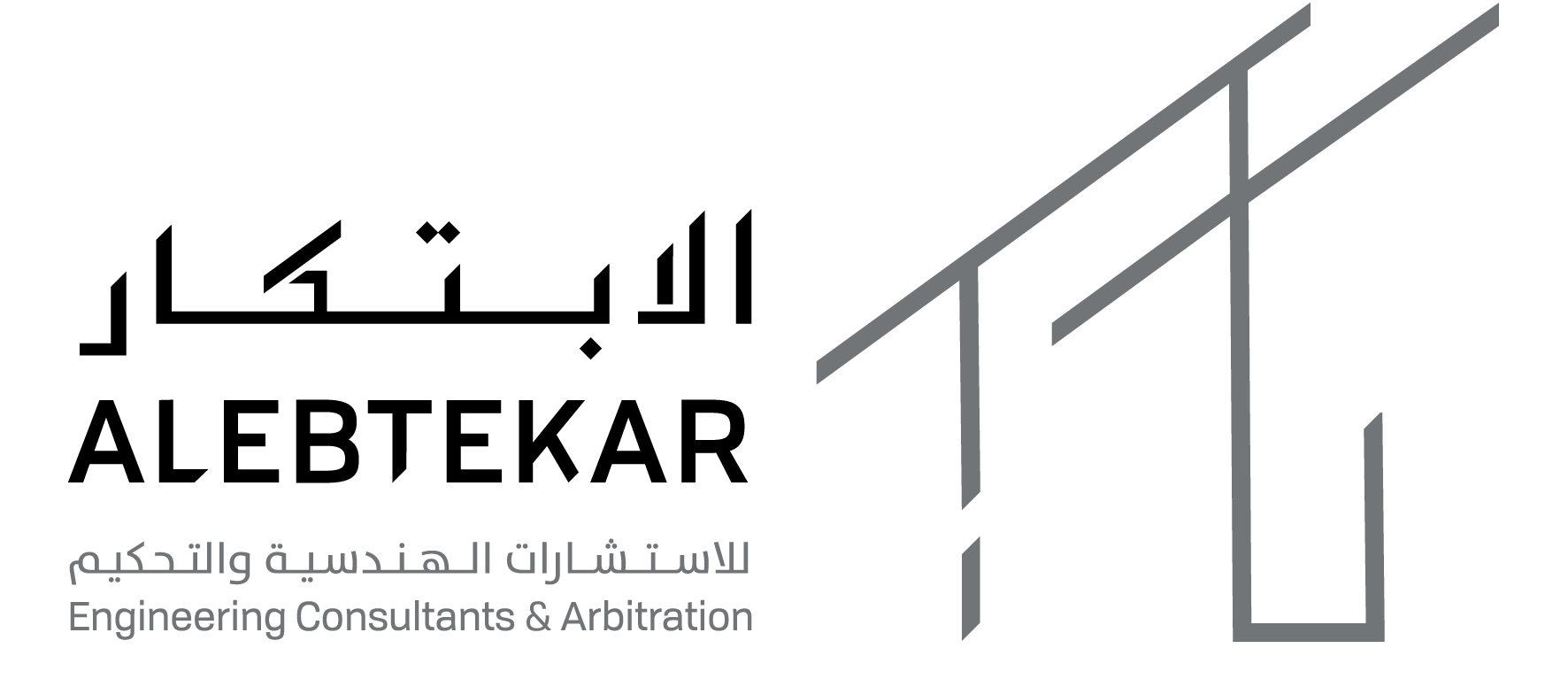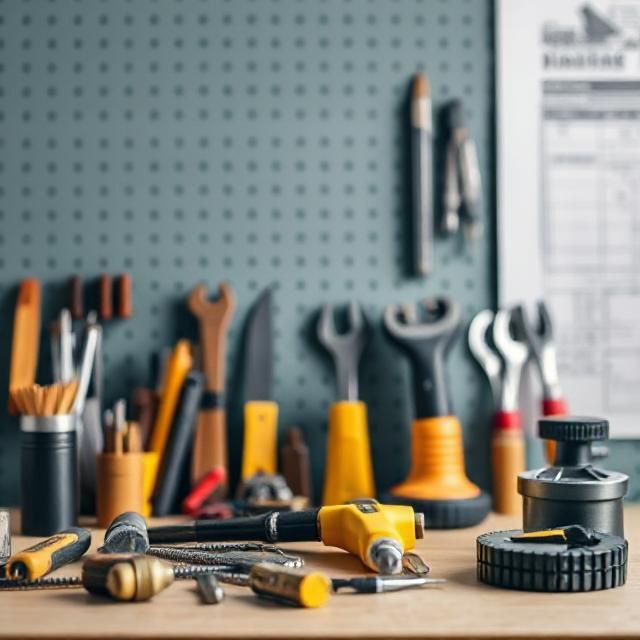How Regular Technical Inspections Prevent Construction Failures and Reduce Costs
Technical inspection is essential for preventing construction failures and minimizing costs. By conducting regular site inspections, project teams can identify issues early, ensure compliance with design and safety standards, and avoid expensive rework or delays. These inspections safeguard both the project investment and the long-term durability of the structure.
The Importance of Regular Technical Inspections
Regular inspections provide a systematic approach to monitoring construction quality. Skipping inspections or performing them irregularly increases the risk of defects, structural failures, and safety hazards. Regular technical inspections ensure every stage of the project meets the required standards, from foundation to finishing.
- Early detection of construction errors or deviations.
- Minimization of material waste and rework costs.
- Enhanced safety for construction workers and future occupants.
- Improved regulatory compliance and legal accountability.
- Higher client satisfaction and stakeholder confidence.
Key Areas Covered by Regular Technical Inspections
1. Structural Integrity
Inspectors assess foundations, columns, beams, and slabs for stability and adherence to engineering standards. Early detection of structural issues prevents long-term damage and ensures safety.
2. Material Quality
Material inspections verify that all construction materials, including concrete, steel, and masonry, meet required specifications. Testing ensures durability and compliance with project design.
3. Mechanical, Electrical, and Plumbing (MEP) Systems
Regular inspections of MEP systems ensure correct installation, functionality, and adherence to design plans. This prevents operational failures and costly maintenance in the future.
4. Safety Compliance
Inspections monitor occupational safety practices, verify the proper use of safety equipment, and assess hazard management to prevent accidents and ensure worker protection.
Benefits of Preventive Technical Inspections
- Reduction in unexpected repair and maintenance costs.
- Improved construction quality and adherence to design specifications.
- Minimized risk of structural failures and safety incidents.
- Faster project completion by avoiding delays due to defects.
- Enhanced trust and reputation for construction companies.
Inspection Schedules and Implementation
- Foundation Stage: Inspect soil, footing, and foundational elements before pouring concrete to prevent structural failures.
- Structural Frame: Check beams, columns, and load-bearing walls for alignment, material quality, and construction accuracy.
- MEP Installation: Conduct inspections during electrical, plumbing, and HVAC installation to ensure correct placement and compliance.
- Finishing Stage: Verify interior and exterior finishes, fixtures, and material quality before project handover.
- Periodic Safety Audits: Regularly review safety protocols, equipment usage, and hazard management throughout the project.
Tools and Techniques for Effective Inspections
- Drones for aerial site surveys and hard-to-reach area monitoring.
- 3D scanning and BIM software to detect deviations from design plans.
- Non-destructive testing (NDT) for material evaluation without causing damage.
- Digital checklists and inspection apps for real-time reporting and documentation.
Real-World Examples
- Commercial Project in Riyadh: Regular inspections caught a misalignment in steel beams, preventing potential structural failure and costly rework.
- Residential Complex in Jeddah: Early detection of plumbing installation errors reduced material waste and maintenance costs.
- Industrial Facility in Dammam: Periodic safety audits minimized workplace accidents and improved project efficiency.
Best Practices for Construction Teams
- Involve technical inspectors from the planning phase to completion.
- Maintain detailed documentation for all inspections and corrective actions.
- Use advanced tools like drones, BIM, and NDT for thorough assessments.
- Continuously train staff on inspection standards, safety, and technologies.
- Integrate inspection findings into project management for informed decision-making.
“Regular technical inspections are critical for preventing construction failures and reducing costs. By implementing structured inspection schedules and modern tools, teams ensure safer, more efficient, and higher-quality projects.”
Conclusion
Regular technical inspections are critical for preventing construction failures and reducing costs. By implementing structured inspection schedules, using modern tools, and following best practices, construction teams ensure high-quality, safe, and efficient project delivery. These inspections protect investments, maintain compliance, and foster trust with stakeholders, ensuring long-term success for every construction project.
Contact Al Ebtekar Engineering Consultancy Now
📧 Email: INFO@ALEBTEKAR.COM.SA
📱 Mobile: 0540007320
☎️ Landline: 920004058


